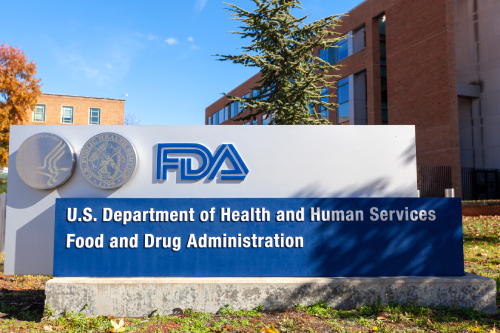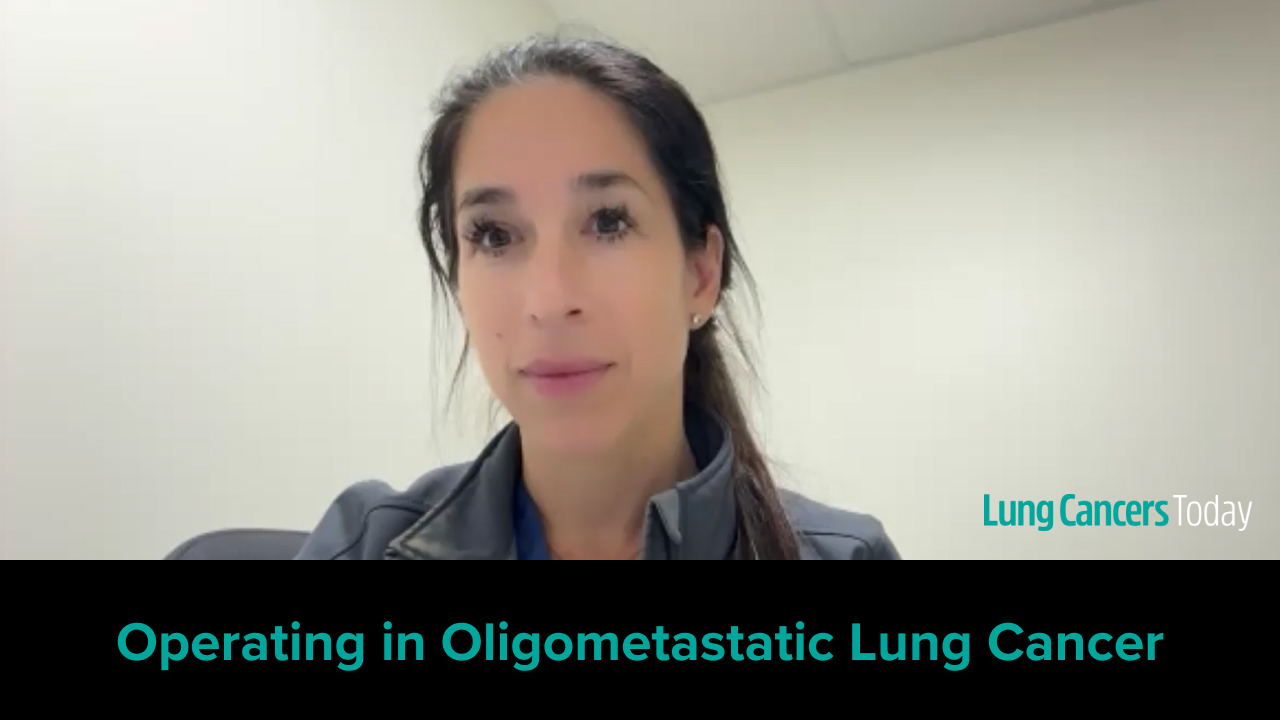
The US Food and Drug Administration announced its approval of atezolizumab and hyaluronidase-tqjs (Tecentriq Hybreza) as a subcutaneous injection for all adult indications of the intravenous formulation of atezolizumab (Tecentriq). These indications include non-small cell lung cancer (NSCLC), small cell lung cancer (SCLC), hepatocellular carcinoma (HCC), melanoma, and alveolar soft part sarcoma (ASPS).
Researchers evaluated the subcutaneous injection of atezolizumab and hyaluronidase-tqj in the open-label, multi-center, international, randomized IMscin001 trial. The trial included 371 adults with locally advanced or metastatic NSCLC who were not previously exposed to cancer immunotherapy and who had disease progression following treatment with platinum-based chemotherapy. Investigators randomized patients to receive subcutaneous atezolizumab and hyaluronidase or intravenous atezolizumab until disease progression or unacceptable toxicity.
The primary outcome measure was atezolizumab exposure, with coprimary pharmacokinetic (PK) endpoints of cycle 1 Ctrough and AUC0-21days. The geometric mean ratio of subcutaneous atezolizumab and intravenous atezolizumab for cycle 1 Ctrough was 1.05 and AUC0-21days was 0.87, which met the lower limit of the geometric mean ratio above the pre-specified threshold of 0.8 for comparability.
The confirmed overall response rate (ORR) was 9% in those receiving subcutaneous formulation and 8% in those receiving the intravenous formulation. There were “no notable differences” in the ORR, progression-free survival, or overall survival observed between the subcutaneous and intravenous formulations.
The most common adverse reactions of any grade (≥ 10%) were fatigue, musculoskeletal pain, cough, dyspnea, and decreased appetite.
The recommended dosage is one 15 mL injection containing 1,875 mg of atezolizumab and 30,000 units of hyaluronidase administered subcutaneously in the thigh over approximately 7 minutes every 3 weeks, according to the FDA.
Health care professionals should report all serious adverse events suspected to be associated with the use of any medicine and device to FDA’s MedWatch Reporting System or by calling 1-800-FDA-1088. Full prescribing information will be posted on Drugs@FDA.
Source: FDA







 © 2025 Mashup Media, LLC, a Formedics Property. All Rights Reserved.
© 2025 Mashup Media, LLC, a Formedics Property. All Rights Reserved.